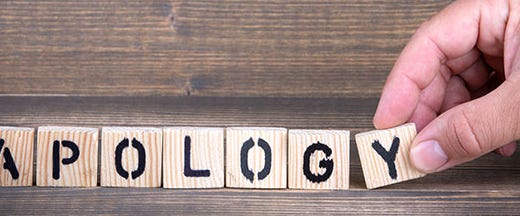Wednesday, the Senate Judiciary Committee held a hearing called “Big Tech and the Online Child Sexual Exploitation Crisis” that hosted the leaders of most of the major social media platforms as witnesses. Senators who are just beginning to understand the platforms and dynamics at work in these systems and their effects on people and on society mostly took turns posturing for the cameras while the CEO’s of Meta, Tiktok, X, and Discord (not a social media platform) mostly read prepared remarks. We have seen dozens of versions of this hearing over the last few years where platform leaders come forward, get raked over the coals in odd displays of public shaming, talk about their half-measures, do not discuss meaningful changes to their business models or algorithms, and then continue to spend hundreds of millions of dollars lobbying to protect their profits and ensure no meaningful regulations are passed.
So if it’s just another version of a familiar non-event, why is Wednesday’s hearing getting so much attention? A hint was in the headlines “Mark Zuckerberg apologies to victims” that you see at The New York Time, The Washington Post, and everywhere else who covers technology and politics. What all of them seem to utterly and completely fail to grasp: Mark Zuckerberg did not apologize.
a·pol·o·gy (n): a regretful acknowledgment of an offense or failure.
This definition includes both regret and responsibility. An expression of sympathy is not an apology. An expression of regret is not an apology. An expression of someone else’s offense or failure is not an apology.
The moment was dramatic, no doubt. In a tense back and forth with Senator Hawley, Zuckerberg stood and spoke directly to parents of victims standing behind him in the hearing room and said: “I'm sorry for everything you have all been through. No one should go through the things that your families have suffered.”
Sympathetic? Yes. Regretful? Maybe. Responsibility? No.
The headlines are effective but wildly in accurate and serve to grant Zuckerberg credit he does not deserve for doing something he failed to do and propping him up as a good actor in a situation in which he historically and routinely avoids responsibility while holding to the position that the answer to all known problems is more Facebook. (I waited a day to share this thought because I wondered if Meta or Zuckerberg would extend or clarify which of course they did not because it was a practiced and careful non-apology truly worthy of disingenuous DC crisis communications.) The problem here is he should apologize, and he (and others) should take more responsibility. Pretending this statement is either of those things sets back ongoing efforts to reclaim our public sphere. The challenges of how to shape modern information systems that actually create more connectivity and social cohesion and creativity are hard enough without bad actors being propped up by a media industry more focused on clicks than accuracy — another consequence of the attention-algorithm information economy that Zuckerberg is also not apologizing for.





Yes, you are so right. This is very much a reminder to me about when "famous" people like Kevin Hart "apologize" for their transphobic or homophobic comments. Saying you're sorry is easy? What actions will they take for their harm done. It should never get you off the hook.